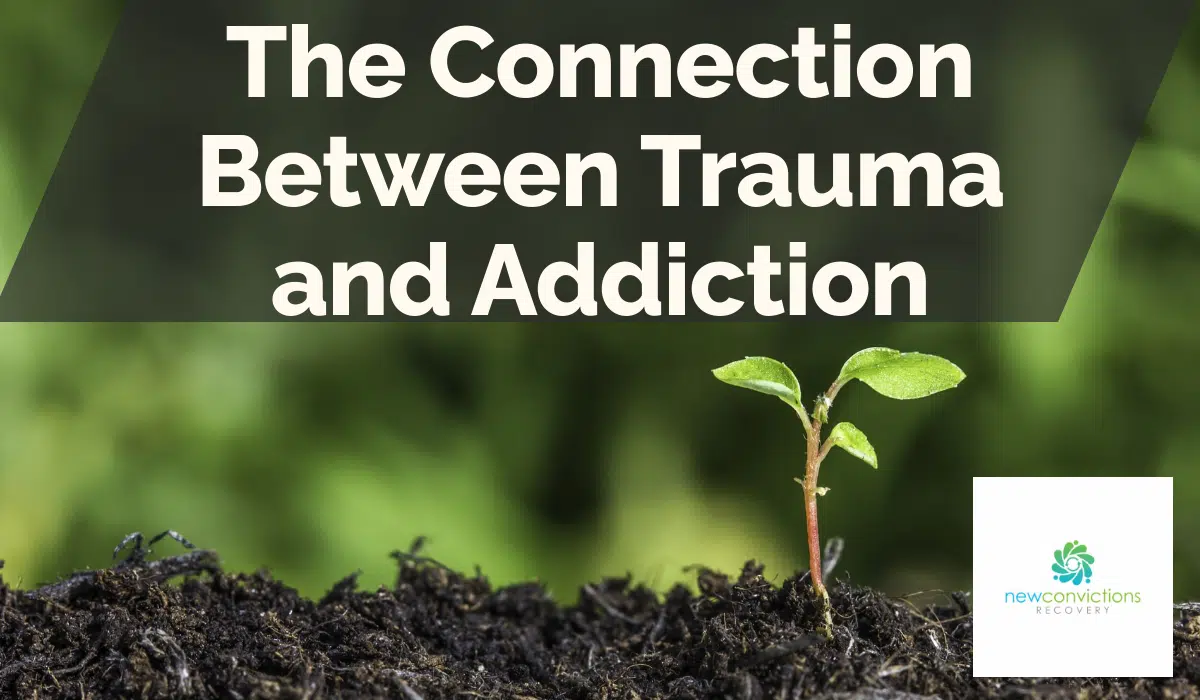There exists a strong, complicated interrelationship between trauma and addiction. Both elements influence each other, thus creating a cycle that can be hard to break. Understanding this connection is crucial not only for medical professionals, but also for anyone struggling with addiction or the aftermath of traumatic events. It becomes easier to navigate the road to recovery when we understand the why and how behind the trauma.
What is Trauma?
Defined in its broadest sense, trauma refers to an emotional response to a deeply distressing or disturbing event that overwhelms an individual’s ability to cope, causes feelings of helplessness, diminishes one’s sense of self, and impacts one’s ability to feel a full range of emotions and experiences.
Types of Trauma
- Physical trauma: This includes bodily injuries or health conditions.
- Emotional Trauma: This evolves from extraordinarily stressful events that shatter one’s sense of security and safety.
- Psychological trauma: This occurs due to prolonged periods of extreme stress or traumatic experiences, such as childhood neglect or domestic violence.
Understanding Addiction
Addiction is a complex disorder characterized by compulsive drug use or engaging in certain behaviors despite harmful consequences. It is most commonly seen with substance use, such as alcohol or drugs, but can also be for behaviors like gambling and sex.
The Connection Between Trauma and Addiction
Trauma and addiction are intertwined in numerous ways. Many times individuals who have experienced trauma, especially in their childhood, tend to turn to substances or behaviors as a way of coping or escaping their painful reality. This attempt at self-medication soon turns into addiction, creating a vicious cycle. Furthermore, addiction can lead to situations that involve trauma, further perpetuating the cycle.
Breaking the Cycle
Understanding the connection between trauma and addiction is the first step to breaking the cycle. It is important to address both issues when seeking treatment. Several therapies and recovery strategies can be used to deal with both trauma and addiction together.
Frequently Asked Questions
Q: Can everyone who encounters trauma develop an addiction?
A: Experiencing trauma doesn’t always result in addiction. However, it significantly increases the risk, especially if the trauma isn’t addressed and treated appropriately.
Q: What are the common therapies to treat trauma and addiction?
A: Cognitive Behavioral Therapy (CBT), Eye Movement Desensitization and Reprocessing (EMDR), Mindfulness, and medication can be effective treatment methods.
Conclusion
Without a doubt, there’s a well-established and significant connection between trauma and addiction. Both issues can be challenging to deal with, but understanding their nexus can significantly boost the recovery process. With the right treatment and support, one can break the trauma-addiction cycle and reclaim his or her life.

